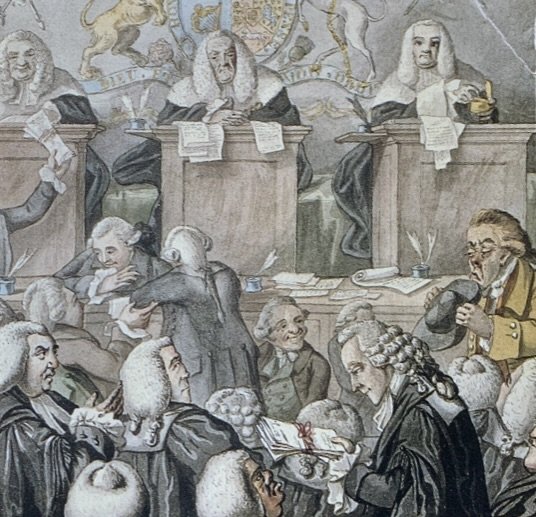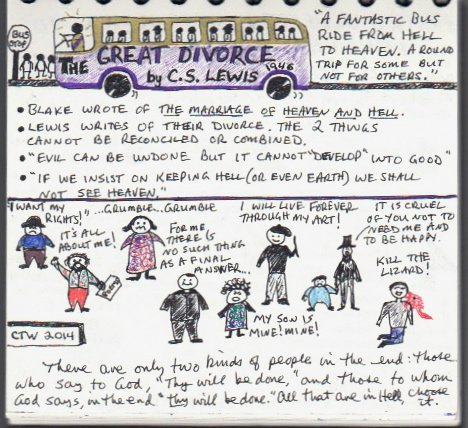As a practicing veterinarian and published author, Clare is the pioneer of an exciting new literary genre: the veterinary medical thriller—stories of action, suspense, and a touch of horror, with a veterinarian in the starring role! Her debut novel The Keys of Death will keep you guessing until the end and pondering its implications long after you’ve turned the final page.
Clare also writes supernatural thrillers—chilling tales of ghosts, monsters, and other fantastic phenomena that defy the laws of science. Volume 1 of the Startling Figures series is available now, with more to come!
Startling Figures - Volume 1
Three stand-alone tales of the supernatural.
A small-town veterinarian investigates a series of animal attacks and comes face-to-face with monstrous evil. A theoretical physicist discovers how to be two places at once…but pays a terrible price. And a ruthless murderer finds a way to keep killing–even after he’s dead.
Three stories. Three journeys. Three encounters…with startling figures.

Splanchnics
Podcast
Explore Splanchnics: a unique and entertaining podcast for all listeners interested in literature, cinema, games, and just about everything else. Hosted by published author Clare T. Walker and her daughter, Hannah Kubiak. The interactions between Gen X-er Clare and Millennial Hannah are always insightful and sometimes hilarious. Nevertheless, this is Very Serious Podcast!
Recent Posts

Happy 100th birthday, Flannery O’Connor!
Celebrating a century of great American writing.

When is the movie actually better than the book?
Sometimes the movie really is better than the book. I will attempt to defend this heretical view with a few examples.

Acclaimed mystery writer P.D. James
Ten years ago today…

5 Must-Read Books from the Dawn of Science Fiction

Heralds of a “Golden Age”
A not-so-long time ago, in a galaxy not-so-far away…

Top Ten 1980s Teen Comedies
I revisit my 80s childhood and teen years by recalling my favorite teen movies from that amazing decade. Includes one dishonorable mention...

Clare’s Unpopular Opinions About Supposedly Amazing Books
I go against popular opinion and slay a few sacred cows.

How Does My Career as a Veterinarian Inspire My Books?
Authors get their ideas from all sorts of places: visits to exotic locales; TV shows, books, articles, and movies; even strange dreams. Or just random musings. As a practicing veterinarian I wondered: why do we always seem to put more pets to sleep around the Thanksgiving, Christmas, and New Year holidays than any other time of year? What would happen if someone brought a pet to be humanely put to sleep…but lied to the veterinarian about why? Those were the inspirations for…

5 Books to Read on a Rainy Day
You had plans—yardwork, a day at the beach, a long bike ride. But Mother Nature had other plans. You wake up to rain, and the forecast shows no end in sight until at least tomorrow. Perfect! Time to brew a cup of tea, curl up in your favorite comfy chair, and dive into a great book. Here are my top 5 book recommendations to read on a cozy, rainy day.

Celebrate National Peach Month with Roald Dahl
July is National Peach Month! Which means we must talk about beloved British children’s author Roald Dahl.

The “Big 3” of Medical Thrillers: Authors that Changed the Game
The suspense thriller is a hugely popular fiction genre, right up there with mysteries and romance. It started with the classic spy novels of Ian Fleming, John LeCarre, and Helen MacInnes and matured with the international political thrillers of Tom Clancy and Lee Child. Other authors in this seminal form of the genre include Robert Ludlum, Frederick Forsyth, and Ken Follett. These stories all feature espionage or military professionals deploying an array of sophisticated weapons and gadgets and displaying feats of super-human physical skill. The story starts when they get their orders: “Your mission, should you choose to accept it…”

Stories from Underground
Random fact: June 6th is National Caves and Karst Day. Truly.

5 Awesome Books that were made into Great Movies
Here is a list of five awesome books that were turned into great, must-see movies!

Book Review: The Great Divorce by C.S. Lewis
The phrase “bus ride from hell” no doubt conjures up bad memories of trips to and from school on the big yellow bus, or perhaps visions of a cross-country journey you would rather forget.

Clare’s Top 5 Favorite Movies
UPDATES:
3/20/25: Added a link to Roger Ebert’s review of Shadowlands
1/20/24: the death of Norman Jewison, who directed one of Clare’s top 5

Veterinarians Becoming Writers
UPDATE: MARCH 2025: Two new veterinarian authors added!

Keys of Death Playlist
When I was writing The Keys of Death, here’s something that really helped me: a playlist.

Book Review: Watership Down by Richard Adams
Watership Down (1972 by Richard Adams) was my favorite childhood book!! I read it when I was in 5th grade…

Michael Palmer and the Medical Thriller
The world of popular fiction lost one of its best craftsman eight years ago…


